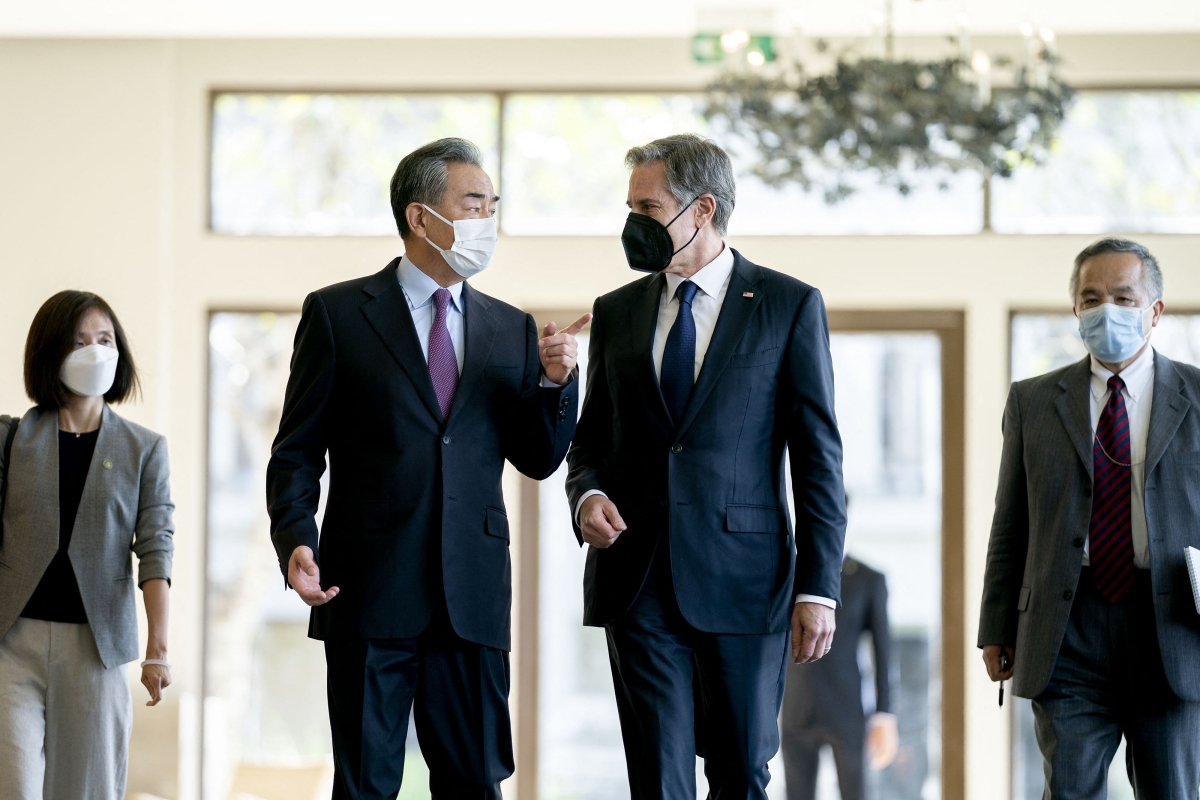How Antony Blinken’s Visit Can Bring Some Stability to Volatile U.S.-China Relations
South China Morning Post

The following is an excerpt from Asia Society Policy Institute's Center for China Analysis Executive Director Bates Gill and Senior Fellow on Foreign Policy Evan Medeiros' op-ed originally published in South China Morning Post.
The visit to China by U.S. Secretary of State Antony Blinken — the first by a top U.S. diplomat in five years — comes at a critical point as U.S.-China relations stand at the precipice of long-term enmity. Blinken’s trip could prevent this by putting the relationship on a more stable and sustainable path. Importantly, he walks into these meetings at a moment of unique leverage to do so.
While modest expectations are always healthy, Blinken nonetheless has the opportunity to offer a vision for the relationship, gain meaningful cooperation on U.S. priorities and open channels of dialogue critical to managing intensifying competition. Without this progress, the relationship will veer into unbridled competition that increases the risk of accidents and even intentional conflict.
Now is the time to do so. China is more open to working with the United States than at any point in the last several years.
Beijing faces serious challenges abroad and at home in ways that make it receptive to putting U.S.-China relations on a more stable footing. Blinken’s challenge is to maximize this window of opportunity.
Externally, China’s relationship with the United States, Europe and developed Asia has become highly stressed. China faces criticism and creeping isolation from all sides.
Given its de facto support for Vladimir Putin’s invasion of Ukraine and Beijing’s sustained cooperation with Russia globally — including a possible trip by President Xi Jinping to Moscow later this year — China’s relations with the United States and the “global West” have reached their lowest point in decades. China’s military and economic coercion of Taiwan in recent months have only accentuated this deterioration.
The calendar of multilateral meetings this year presents China with the challenge of being further criticized and isolated.
In 2023, the Group of 7 and Group of 20 summits are being hosted by U.S. partners, while the United States will host the Asia-Pacific Economic Cooperation forum in November. Xi faces a decision about whether to come to San Francisco for APEC, creating an additional incentive to stabilize relations.
On the home front, the Chinese economy was hit hard by draconian COVID-19 lockdowns that sparked an eruption of public protests across China in November. These and other disruptions have chastened many foreign investors who are moving their export-oriented production out of China. All of this comes on top of high youth unemployment, a shrinking population and more.
Late last year, the Chinese leadership reversed course on the “dynamic zero-COVID” policy, albeit chaotically and with a heavy death toll among its elderly. In a similar reversal, Beijing has loosened its grip on the country’s tech and real estate sectors in an effort to recharge the economy.
A nascent foreign policy charm offensive is also in the works, including the friendly welcome Blinken is likely to receive in Beijing. Under these conditions, Beijing needs and wants to stabilize relations with the United States, which is a source of leverage for Washington.

